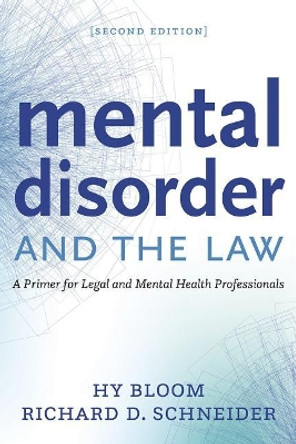This book draws on the disciplines of law, philosophy, and psychiatry to interrogate whether the Mental Capacity Act 2005 meets the challenges posed by mental disorder to decision-making. It is often assumed that to allow space for individuality, any test for capacity must focus only on decision-making processes and not on the substance of the values that underpin decisions. Auckland challenges this assumption, arguing that the current law serves merely as a facade, behind which judgements can be made about the nature of a person's values, free from proper scrutiny. This book provides an in-depth analysis of when and how a person's disordered values should be relevant to the determination of their capacity, offering novel suggestions for reforming the capacity test to better reflect the impact of disorder on decision-making. It also explores the implications of this analysis for people found to lack capacity, concluding that reforms to the best interest provisions are urgently needed. This title is part of the Flip it Open Programme and may also be available Open Access. Check our website Cambridge Core for details.
Drawing on literature from law, philosophy and psychiatry, this book interrogates whether the law adequately addresses how disorder affects decision-making.About the AuthorCressida Auckland is Assistant Professor in Law at the Law School, London School of Economics and Political Science. Cressida's research focuses on mental capacity and end-of-life decision-making. She has published extensively on the topic of medical decision-making for minors, with her publications featuring in the Law Quarterly Review, Modern Law Review, Cambridge Law Journal and Medical Law Review. She is also an Associate Editor of the Journal of Medical Ethics, and an Academic Fellow of the Middle Temple.
Book InformationISBN 9781009482073
Author Cressida AucklandFormat Hardback
Page Count 338
Imprint Cambridge University PressPublisher Cambridge University Press
Weight(grams) 658g
Dimensions(mm) 229mm * 152mm * 21mm








